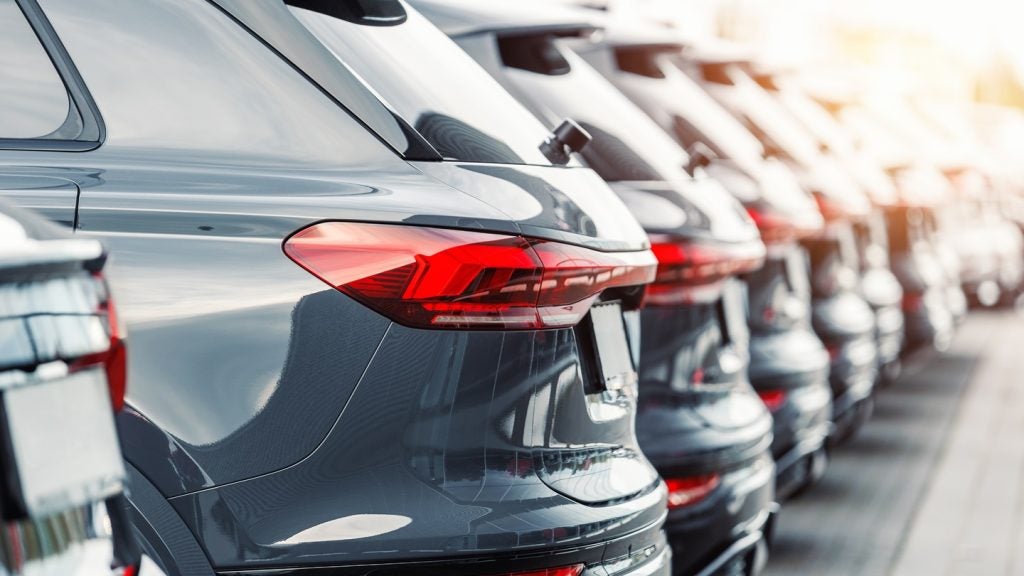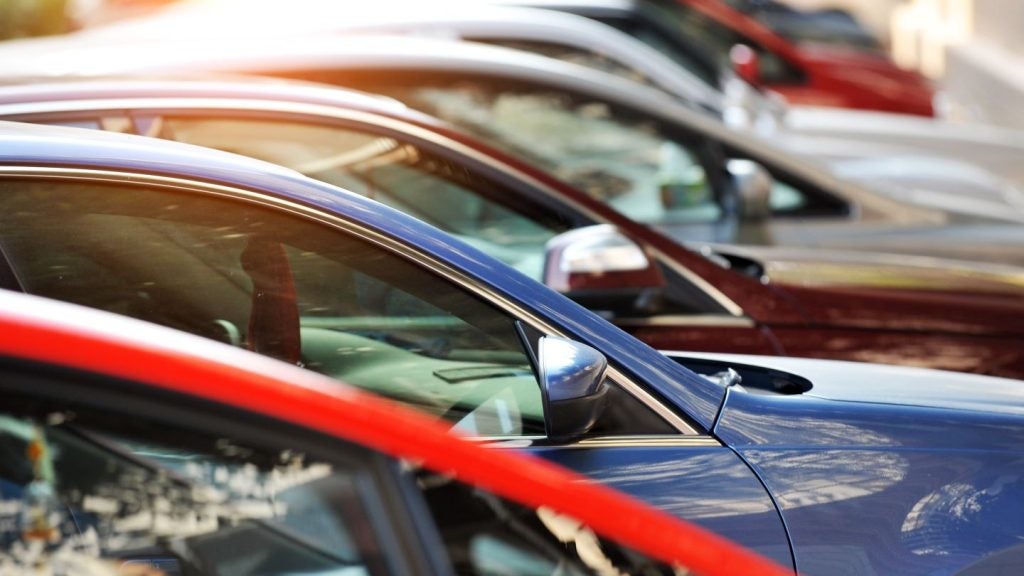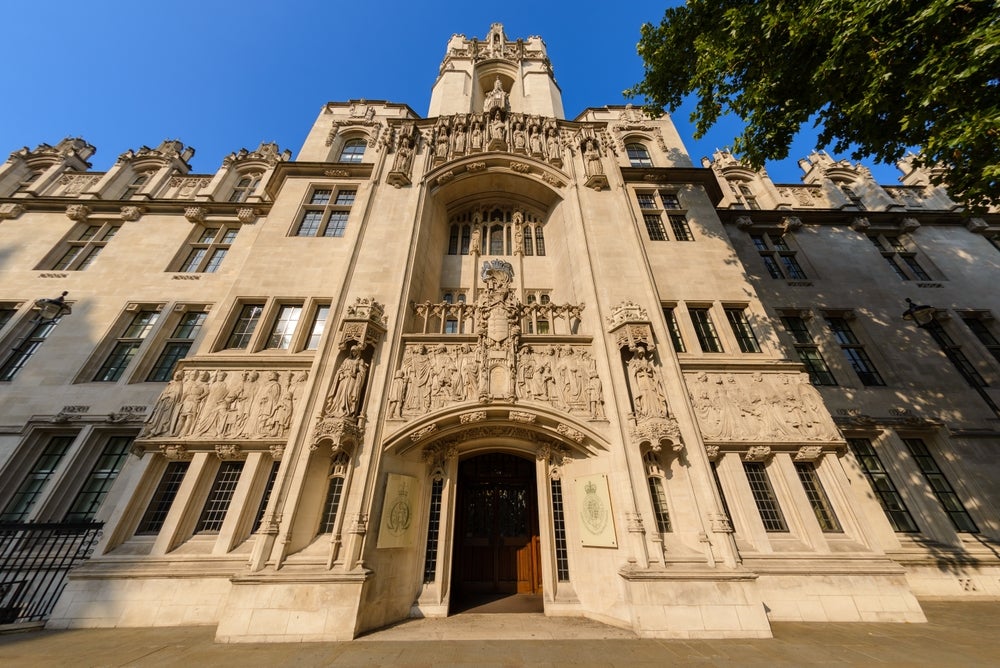
The UK prime minister will flesh out how he intends to change government environmental policies in a speech later today, according to media reports.
It emerged yesterday that Rishi Sunak was exploring how to water down key green pledges such as delaying the ban on the sale of petrol and diesel cars. The PM said he is committed to meeting the government’s net zero carbon emission target by 2050 “in a more proportionate way.”
ICE ban
Henry Zeffman, chief political correspondent, who broke the story for the BBC last night, said the 2030 ICE ban was under “very strong consideration” by the government as part of a root and branch review of net zero pledges.
Mike Hawes, boss of the Society of Motor Manufacturers and Traders, said the industry continues to invest billions of pounds into these new technologies, electrified vehicles, battery vehicles, both here in the UK and abroad” with support from the government, and that a delay in switching away from ICE vehicles would mean a delay in switching to sustainable forms of transport.
Melanie Shufflebotham, COO and co-founder of Zapmap, said: “The Government should be looking to the future, not the past, so any suggestion of delaying the petrol and diesel ban would be foolish and irresponsible.
“The climate emergency is already here but Ministers continually fail to recognise the urgency of the situation.
“The growing popularity of electric vehicles shows that drivers are keen to play their part in the transition to cleaner transport, which is a critical part of our journey towards net zero. Any delay increases the risk that we’ll miss those targets.
“The number of public charging points is rapidly expanding – we’re approaching the 50,000 mark, with growth of more than 40 per cent in the last year alone – so the direction of travel is clear.
“The Government must stick to its promises and start thinking long-term rather than short-term.”
Paul Hollick, chair of the Association of Fleet Professionals (AFP), said: “We’ll wait to see what the prime minister announces but given that the motor industry and their fleet customers have spent literally billions working towards the 2030 target and take the issue of zero emissions very seriously, any major change would reflect poorly on how sincerely this administration takes both the needs of business and the environment. This is a crucial subject where massive investments have been made and is not just something that should be politicked in the expectation of short-term gain. Really, what we want to see is more help from the government in order to meet the 2030 deadline, especially when it comes to light commercial vehicles.”
Sally Foote, UK Managing Director at carwow, a European online marketplace for buying and selling cars, said: “What manufacturers and motorists need, above all else, is clarity and support to make more sustainable choices.
“Many manufacturers have channelled significant investment into transitioning to electric vehicles to meet the government’s 2030 target. At the same time, consumers are making decisions with green policies in mind.
“Two in five (38%) motorists tell us they are now considering an EV as their next car, and SMMT data shows that battery electric cars accounted for 20% of new car registrations in August. As a result, we’re seeing evidence of increased demand reflected in the levels of dealer interest in plug-in stock coming through our auctions. EVs are now receiving more dealer offers per listing than average ICE listings.
“These are positive steps to transition to greener vehicles, and pushing the date back risks sending the message that this transition is now less important. It also confuses the policy landscape at a time when motorists are navigating new and expanded clean air zones across the country. Our recent research found that 25% of drivers are considering an EV specifically due to ULEZ.”
Ben Nelmes, CEO of New AutoMotive, the transport research group that contributed to bringing forward the UK petrol and diesel ban from 2040 to 2030, said: “Delaying the 2030 deadline would pull the rug from under motorists and industry, and would deal a hammer blow to the UK’s leadership on climate change. It would be incredibly disruptive for an industry which has invested billions based on what they were told was settled policy, undermining jobs and investment.
“The 2030 deadline is one of the few areas of net zero that will actually save people money. Shifting to electric cars and vans will drive down costs for UK drivers. This move will deny people access to cheaper motoring, and if we delay the ban it will actually raise costs for motorists.
“This is a huge shock to the industry, which has invested billions in electrification – and on top of that, it’s also bad news for the planet. Pushing back 2030 risks putting net zero beyond reach.
“This is a cynical short-term attempt to politicise an area of sensible, settled policy. The car and energy industries have been working tirelessly towards this. I hope that Rishi Sunak sees sense and does not backtrack to the extent that it’s being trailed on Friday.”
Dylan Setterfield, head of forecast Strategy at vehicle data specialist cap hpi, said: “I’m not sure it makes any difference to anything. We always said that 2030 was a very ambitious target and required significant action and forward planning to make it happen. Although there has been significant progress in infrastructure development, we think we are behind the BEV penetration required to naturally reach 100% BEV being a reality by 2030 without huge intervention.
“Our assumption had been that the ICE ban would be extended to 2035 by the next UK government, regardless of which party or parties would be in power, with the new incumbents blaming the current administration for not making sufficient progress to meet the 2030 target. Even if the 2030 deadline remains unchanged for passenger cars, we could see changes to the timetable for LCV, or the majority of hybrid vehicles allowed until 2035.”
Philip Nothard, Insight and Strategy Director, Cox Automotive, said: “This political flip-flapping will attract much criticism, confuse consumers and compromise EV infrastructure investment and is more about currying voter favour ahead of an election than what’s best for the climate or automotive sector. But we should remember automotive is a global industry and manufacturers are already well on the way to phasing petrol- and diesel-powered models out. They simply cannot afford to keep producing internal combustion, hybrid and battery electric powertrains in parallel and many have long stopped developing new internal combustion models or made decisions to concentrate on alternative markets.
“Many manufacturers have already committed to a hybrid and EV-only model range ahead of 2030, while others will have drastically reduced the number of petrol and diesel models they produce by this date. Let’s not forget that the UK represents just shy of 3% of global new car sales and manufacturers are focused on the global picture, not the local one. So, while UK motorists may still be able to buy a new ICE vehicle beyond 2030, they will find a limited choice and prices that, thanks to the laws of supply and demand, will likely exceed those of hybrid and battery electric vehicles.”
Carmaker Ford said that pushing the sale of new ICE vehicles from 2030 to 2035 would undermine business certainty and leave car buyers “incredibly confused.”
Ford’s UK chair Lisa Brankin said: “Our business needs three things from government: ambition, commitment and consistency … a relaxation of 2030 would undermine all three”.
Reuters reported that Ford has already invested £430m in its UK facilities and had earmarked other commitments to fit in with the 2030 deadline.
Former COP26 President Alok Sharma told the BBC that if the government decides to scale back its plan to phase out petrol and diesel cars it will have to cut emissions elsewhere.
Car dealers think 2030 petrol and diesel ban will be changed or scrapped







